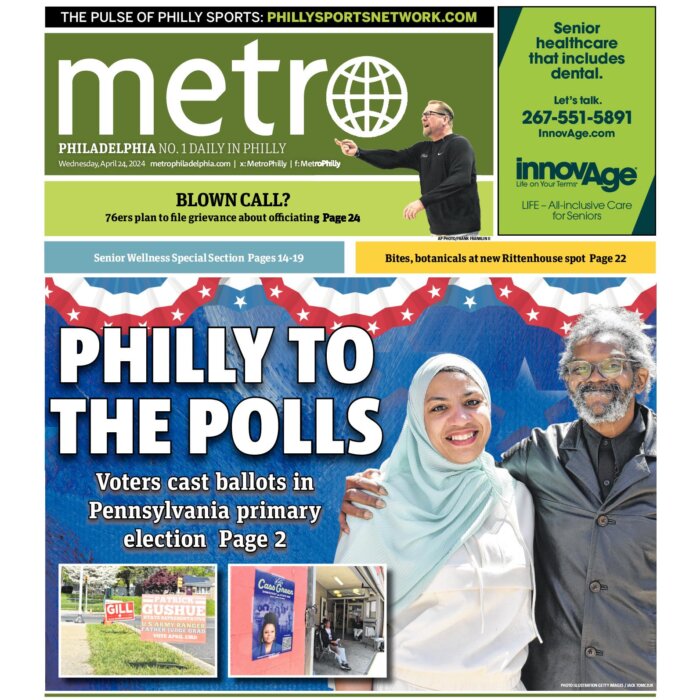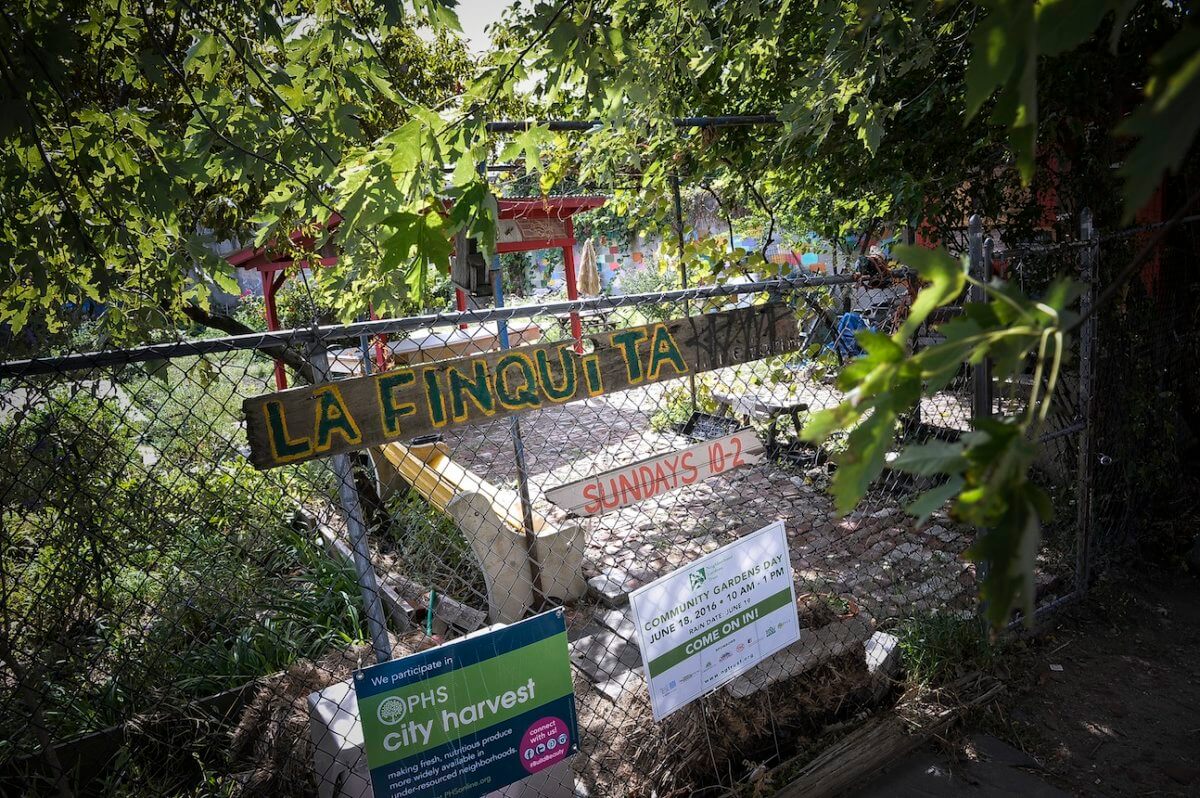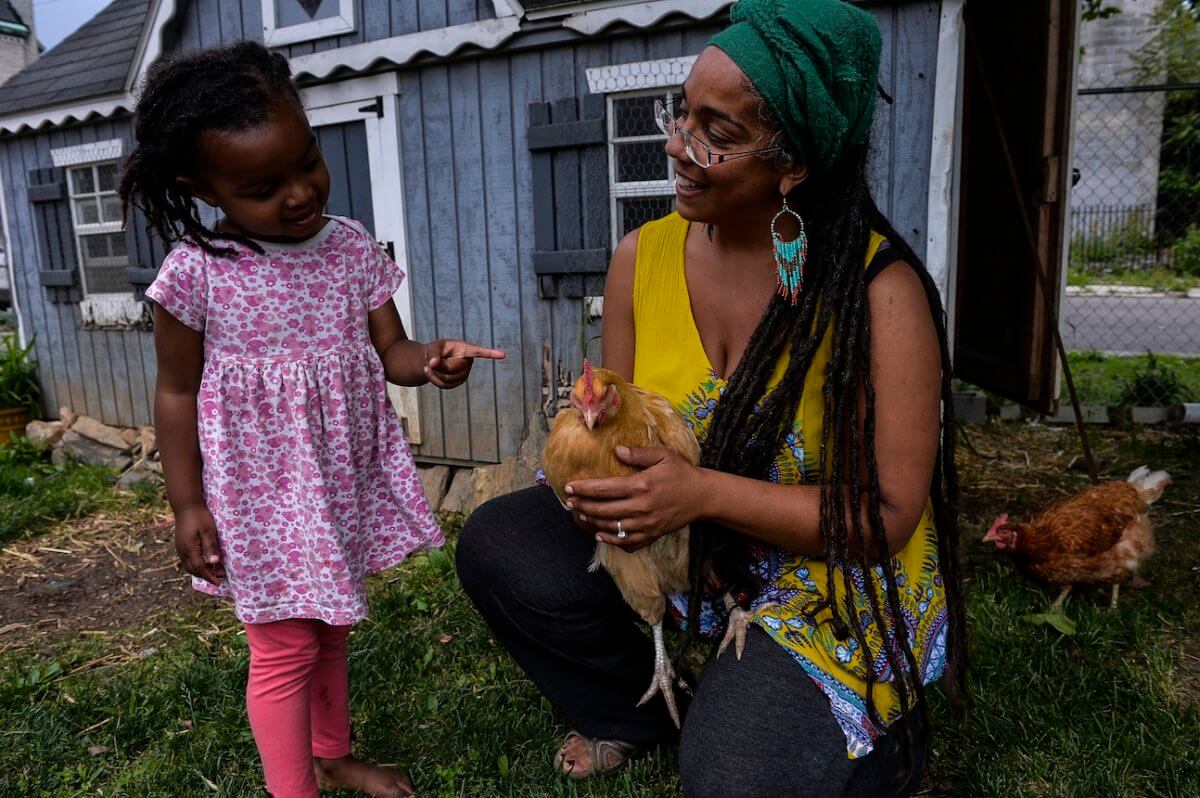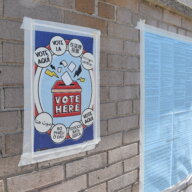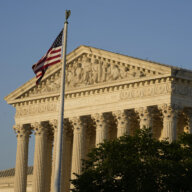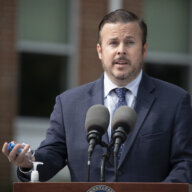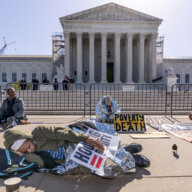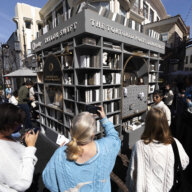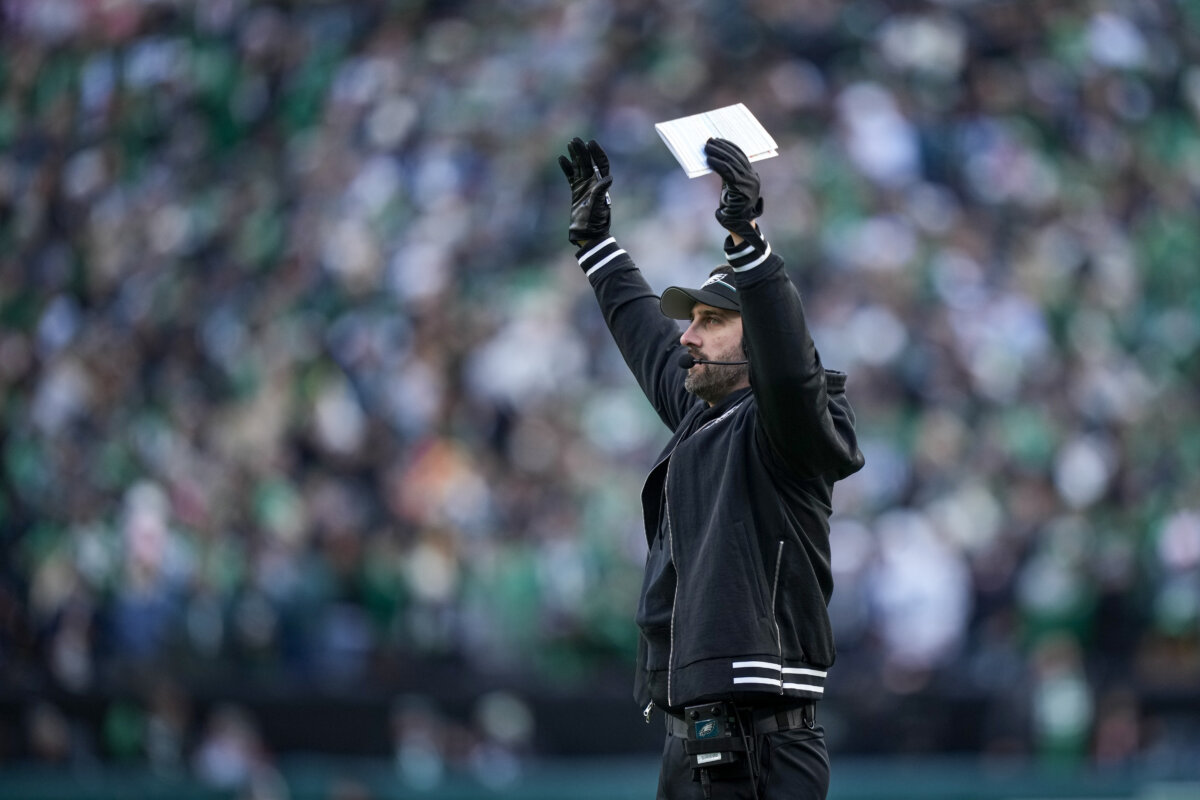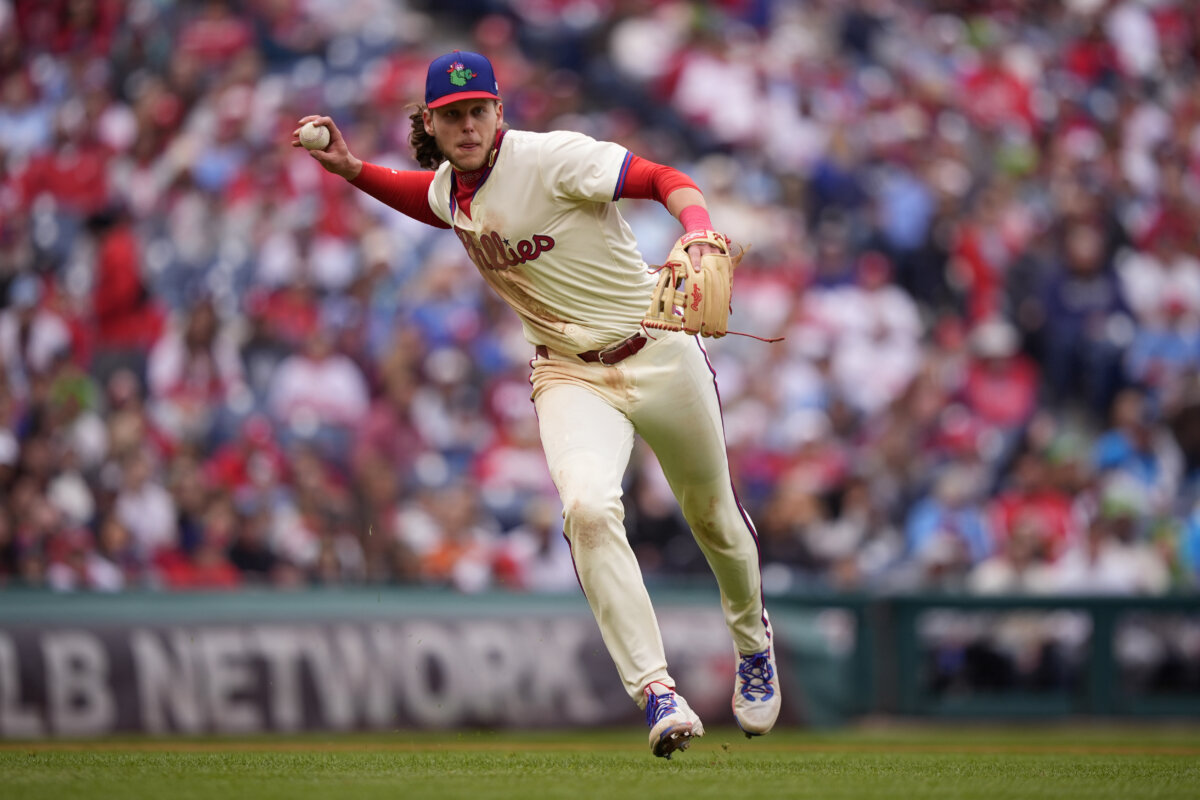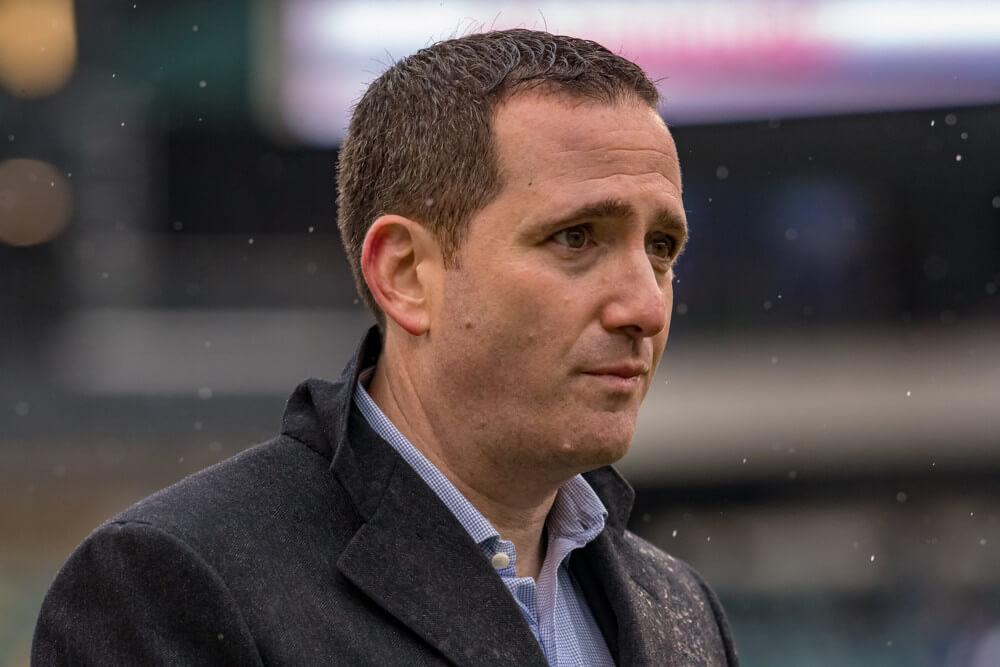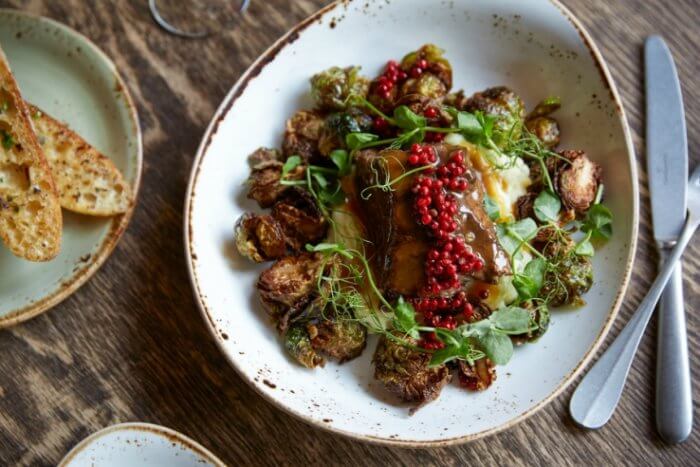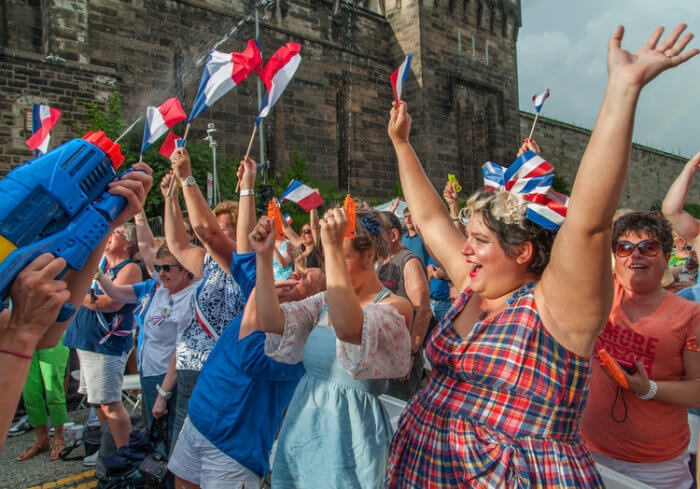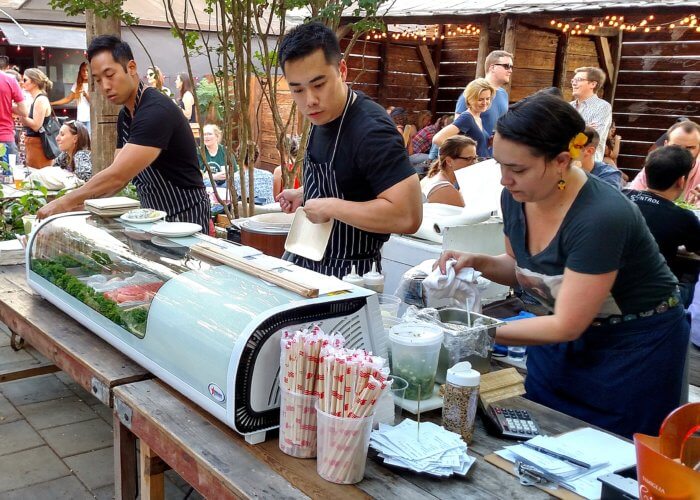Decades-old community gardens facing eviction. Residents fined by law enforcement for raising chickens in their backyard. Neighborhoods where the only food for sale is junk at a corner poppy shop.
These and many other similar stories were shared at City Council Wednesday by a diverse group of more than 100 farmers, gardeners, and fresh food advocates testifying about the importance of urban agriculture or “urban ag.” Their message was simple: help us.
One garden in jeopardy is La Finquita, a South Kensington mainstay near 5th and Master streets that is currently tied up in court after a landlord suddenly appeared to claim ownership of the land the garden sits on, which has been vacant for decades. “La Finquita is one of many stories where gardens are at risk,” said Amy Laura Cahn, a Public Interest Law Center attorney representing the garden in the lawsuit. “That is our biggest struggle. We have upward of 470 community gardens in Philadelphia. The majority of them are land insecure. … We should have a way to preserve spaces before they’re at risk.” La Finquita’s court fight is pending, but other gardens are in similar situations.
Jamillah Meekins testified that she works at a garden in Brewerytown/Sharswood that her family has tended since the 1940s. One of their lots was just put up at a sheriff’s sale, she said, after a private owner suddenly emerged. Cahn said it is wrong for people who have been tending land for decades to get suddenly booted by owners who may have abandoned property only to turn up decades later as real estate prices escalate. “La Finquita is classic in another way, in that it came up in the late 80s when the city was encouraging people to grow on vacant land and abandoned land,” Cahn said. “They got both support from city and nonprofits to be where they were and they stayed where they were. And yet there has never been a pathway to make spaces like that permanent.” Among the most aggrieved at the hearing were local chicken farmers, who are essentially outlaws due to a 2004 law that makes keeping chickens in Philadelphia illegal.
“Most people support it,” said Maureen Breen, head of the Philadelphia Backyard Chickens group, at the hearing. “We’re really talking about personal liberty and the right to have something in your backyard.” One woman who testified at the hearing recently got hit with thousands of dollars in fines by the city for a few chickens in her backyard. A judge tossed the fines in court, but many chicken owners fear similar fines. Besides erasing blight, community farms and gardens help bring fresh foods to neighborhoods with few options.
“In our neighborhood, there’s a lack of access to farm fresh food,” testified high school student Maurice Carter, of West Philly. “There’s just a poppy store. What we get there is all unhealthy junk food, cakes, sodas.” City Councilman Al Taubenberger called the hearing under a resolution to explore supporting urban agriculture around Philadelphia, and said it remains to be seen if any new legislation will arise from the hearing. More hearings will be scheduled to explore the possibilities of vertical or controlled-environment farming. “This was to help the hobbyist, the nonprofits, those who are bringing neighborhoods together,” he said. “It is also to continue the heritage of Philadelphia as being an epicenter of agriculture, which has long been forgotten.” But some of the positive effects of urban farming and gardening surprised him. One woman told him she keeps a garden in Kensington to try to deter criminal activity.
“That is news to me,” Taubenberger said, “but I get it.”
